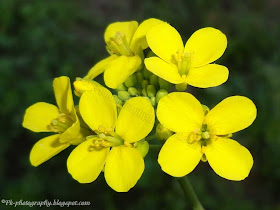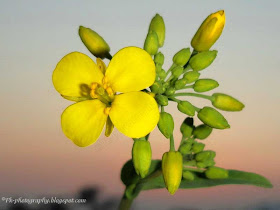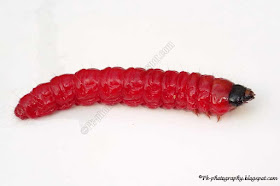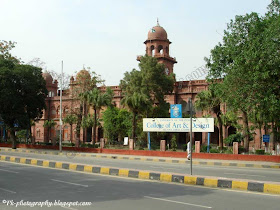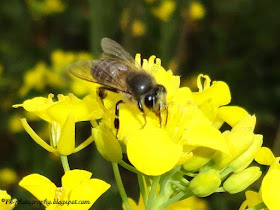A photography blog that focus on Pakistan natural beauty, people, culture heritage, customs and traditions, historical places, travel destinations, wildlife: flora and fauna.
Pages
▼
Love Locks
Love Locks or Love padlocks are a custom by which padlocks are attached to a fence, gate, bridge or similar public fixture by lovers, to symbolize their everlasting love. In the pictures below you see Love Locks affixed to the ropes of Butchers' Bridge on river Ljubljanica in Ljubljana, Slovenia.
Love Locks
Apis cerana-Asian Honey Bee
Apis cerana, commonly known as the Asian honey bee or the Eastern honey bee is a species of honey bee (Family: Apidae, Subfamily: Apinae) found in southern and southeastern Asia. This species is the sister species of Apis koschevnikovi, and both are in the same subgenus as the Western (European) honey bee, Apis mellifera. There are eight subspecies of A. cerana currently recognized. They are about 10mm long. They prefer to nest in cavities, such as hollowed out tree trunks. They make multiple comb. Their honey yield is smaller, because they form smaller colonies. They are not aggressive, but any attempt to open the nest, will cause bees to fly out and sting the intruder.
Apis cerana - Asian Honey Bee
Babul Tree-Acacia nilotica
Babul Tree (Acacia nilotica) is a species of Acacia native to Africa, the Middle East and the Indian subcontinent. It's a member of fabaceae family. It's known by a number of names including kikar, gum arabic tree Egyptian thorn, thorn mimosa, Sant tree, scented thorn, Al-sant or prickly acacia. It's is a large tree, upto 14 metres high, with thorns on its branches. It has darkish grey bark and yellow flowers in spherical heads.
Babul Tree-Acacia nilotica
 |
| Babul Tree Flower |




